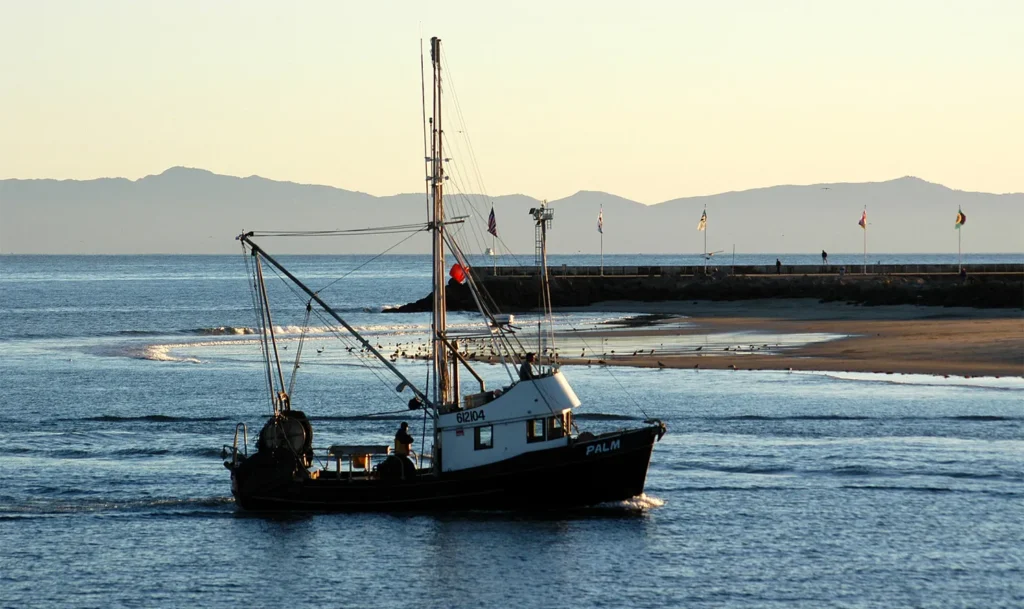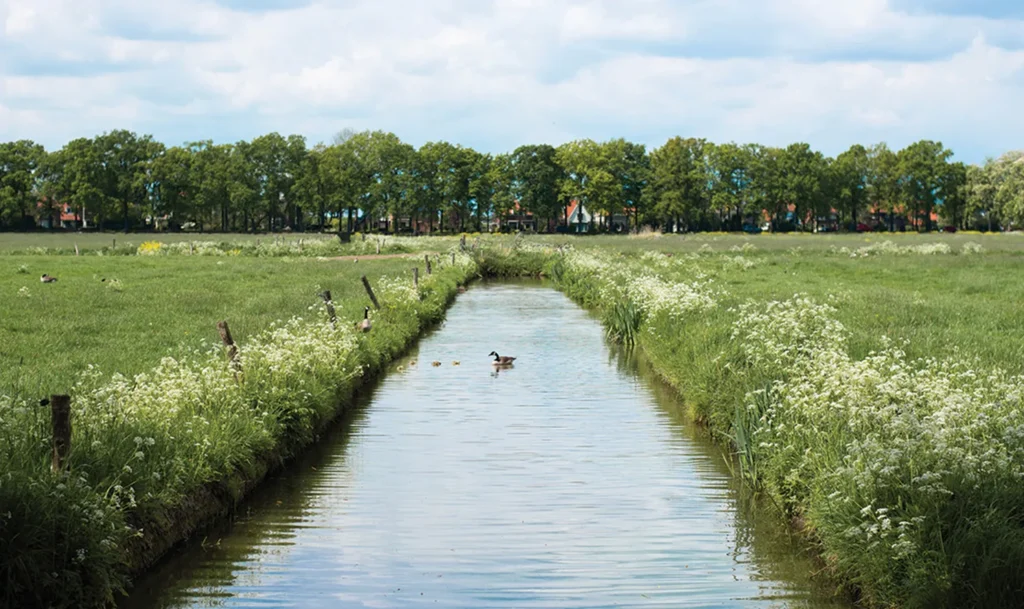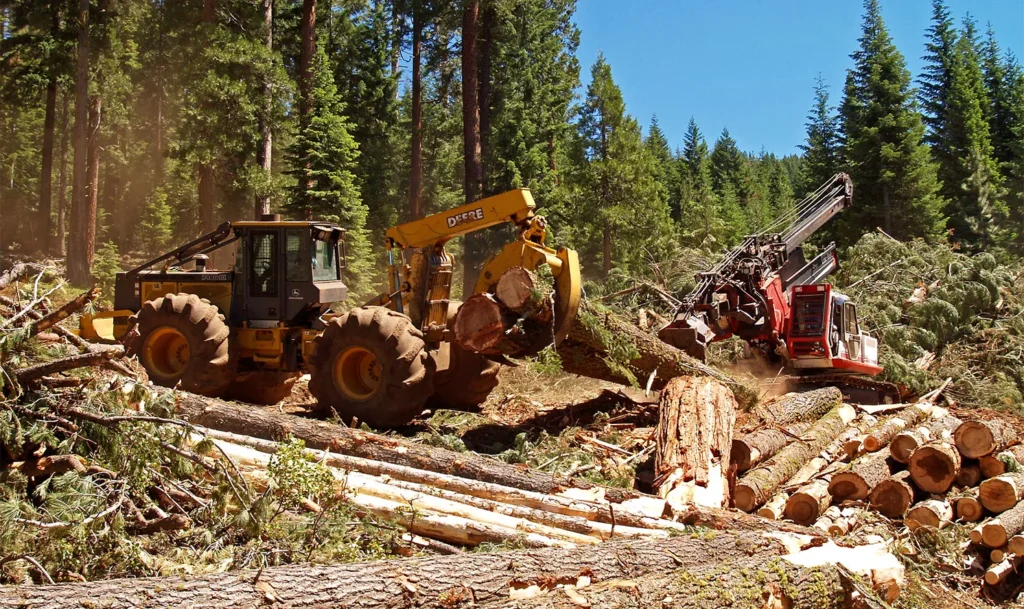ABOUT US
Free Market Environmentalism
Free Market Environmentalism is unregulated voluntary exchange that produces good environmental outcomes.
Examples include:
Free market environmentalism comes from entrepreneurs seeking ways to enhance environmental quality and the bottom line.
By covering costs and earning profits, this type of environmentalism is sustainable. It stems from clearly defined ownership of resources and the right to trade them.
Government is often the default solution when environmental problems occur. But the political process usually pits different user groups against each other creating winner-takes-all solutions and litigious responses. Furthermore, environmental wins under one government administration are often reversed under another.
Even with publicly owned resources, market-based approaches generally align incentives better than top-down control. For instance, reforms that allowed individual national parks to keep revenues from recreation fees have given local managers flexibility to use their funds to improve visitor experiences and address maintenance needs.
The most lasting conservation outcomes do not depend on political strength but rather come from cooperation and mutually beneficial exchange. Cooperative solutions to environmental problems help bridge the divide among various stakeholders and create incentives to sustain voluntary practices no matter the political climate.
Today, the ideas of free market environmentalism are being applied in a variety of creative ways. Conservationists are increasingly using markets, contracts, and property rights to turn environmental resources into assets instead of liabilities. And policymakers are recognizing that markets are not the enemy of the environment but instead can provide strong incentives for resource stewardship.
Free market environmentalism in action.
Solving the tragedy of the commons in marine fisheries:
Individual transferable quotas, or “catch shares,” are a rights-based fishing reform that has reduced overfishing, helped stem the global trend toward fisheries collapse, and led to higher incomes for fishers.
More on fisheries


Helping cooperatively resolve conflicts over the use of scarce water resources:
Water markets connect willing buyers and sellers of water rights to resolve competing demands for a variety of uses, including to enhance stream flows for recreation and improve habitat for fish and wildlife.
More on water conservation
Compensating private landowners for their conservation practices:
With 70% of land in the U.S. privately owned, it’s imperative that landowners have incentives to invest in conservation. Habitat leases offer a model in which conservationists can pay landowners to provide habitat for the species they aim to protect.
More on migration conservation


Funding forest restoration with private capital:
Forest resilience bonds enable stakeholders, like an insurance company or water utility, to fund forest restoration and see a return on their investment. It’s a creative financial tool that is helping increase the pace and scale of urgently needed wildfire mitigation.
More on forest restoration
“Show me the incentive, I’ll show you the outcome.”
– Charlie Munger
How does free market environmentalism work?
It depends on clearly defined ownership of resources and the right to trade them.
Ownership
is important because people tend to take better care of what they own. Good stewardship is rewarded with increased value. Most people take better care of their own home than a rental, for example.
Accountability
is also enhanced with clear ownership rights by making people responsible for harm done to others. The driver responsible for an auto collision, for example, is liable for any damages done.`
Trade
encourages owners to realize what value others put on a resource. For example, a conservation group willing to pay for water that is left instream forces an irrigating farmer to consider the conservation value of the river.